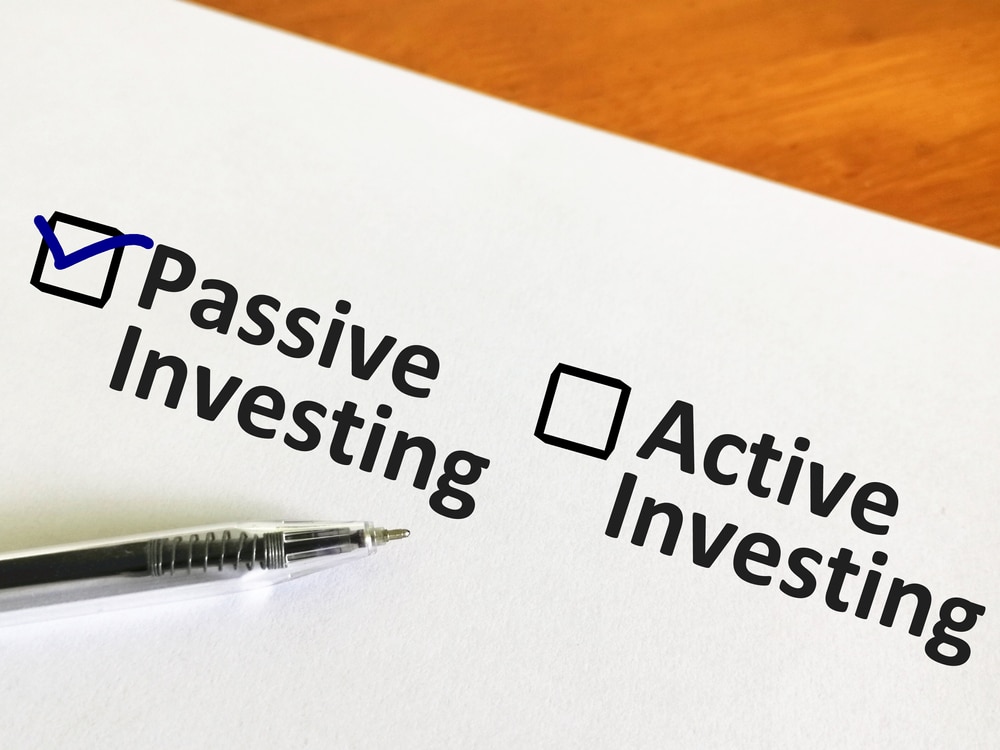Are you looking to invest in the real estate sector? If so, you can decide to be a passive or active investor. In this article, we will focus on passive real estate investing. Read on to learn more about this investment concept.
What’s Passive Real Estate Investing?
Simply put, passive real estate investing can be defined as a strategy that lets people own property without actively managing them. That means investors can generate money from the real estate market while avoiding landlord responsibilities.
📈🤖 Unlock unparalleled trading potential with GPT Stocks Master AI! Revolutionize your portfolio, leveraging real-time insights and predictive analytics. Don’t miss out – step into a world where precision and profitability meet. Ready to transform your trading journey? Click “Master My Trades” now for your exclusive access! ✨🚀📊
The major difference between active and passive real estate investing is that the former requires investors to handle tasks such as property maintenance.
What are the Various Types of Passive Real Estate Investment?
Passive Investing in real estate comes in different types, including:
The Real Estate Investment Trusts: Popularly known as REITs, real estate invetment trusts usually finance or own income-generating real estate in various property sectors. To be an investor in REITs, you need to purchase the shares of the companies offering these investment plans on a stock exchange. REITs allow you to gain exposure to the real estate market without actually owning any property.
Crowdfunding Platforms: There are several platforms that collect money from investors looking to invest in real estate. The collected funds are then used to finance various real estate projects. Crowdfunding platforms make it possible for people to become passive real estate investors with as low as $500.
Real Estate Syndication: In this type of passive real estate investing, you and other investors pool capital and give it to one party to identify, buy, and manage a real estate investment.
Use of Property Managers: In this case, you can buy real estate and hire a property manager to oversee it. While this allows you to earn passively from your investment, you will be involved in decision-making.
Pros of Passive Real Estate Investing
Investing in real estate passively comes with numerous benefits. Some of them include:
Producing Passive Income: The major advantage of passive real estate investing is its ability to generate passive income for investors in the form of dividends or rental income. Since you do not have to take a key active role in managing real estate property, you are able to focus on other areas of life.
Diversification: For many years, real estate has been known to be the most secure investment since it is not highly volatile like bonds and stocks. Therefore, passive real estate investing allows you to manage your investment risk by diversifying your portfolio.
Inflation Hedge: Investing in real estate shields you against inflation. That is because an increase in inflation causes the value of property and rent to rise, thus protecting the purchasing power of real estate investors.
Long-Term Wealth Accumulation: Historically, real estate is known to appreciate over time, giving both passive and active investors long-term gains that allow them to accumulate wealth.
Low barrier entry: With passive real estate investing, you do not need a lot of money to get started. You can acquire shares of REITs with a few dollars to begin earning passively.
Professional Management: The real estate you invest in is usually managed by professionals who relieve you from the burden of dealing with complex issues associated with properties.
Challenges and Risks of Passive Real Estate Investing
Like any other investment strategy, passive real estate investing comes with its own share of challenges and risks. They include:
Market Fluctuations: The real estate market sometimes witnesses volatility driven by interest rates and economic factors.
Property management problems: The company managing the real estate you have invested in may encounter various issues like increased managing costs, which could reduce its profitability, thus affecting your income.
Liquidity issues: Real estate isn’t as liquid as bonds or stocks. Therefore, you may face challenges when attempting to withdraw funds quickly during an emergency.
Lack of Control: Being a passive real estate investor, you will have restricted control over properties and daily operations.
Finance Phantom transforms data into dollars, employing real-time analytics to spot opportunities you can’t afford to miss.

